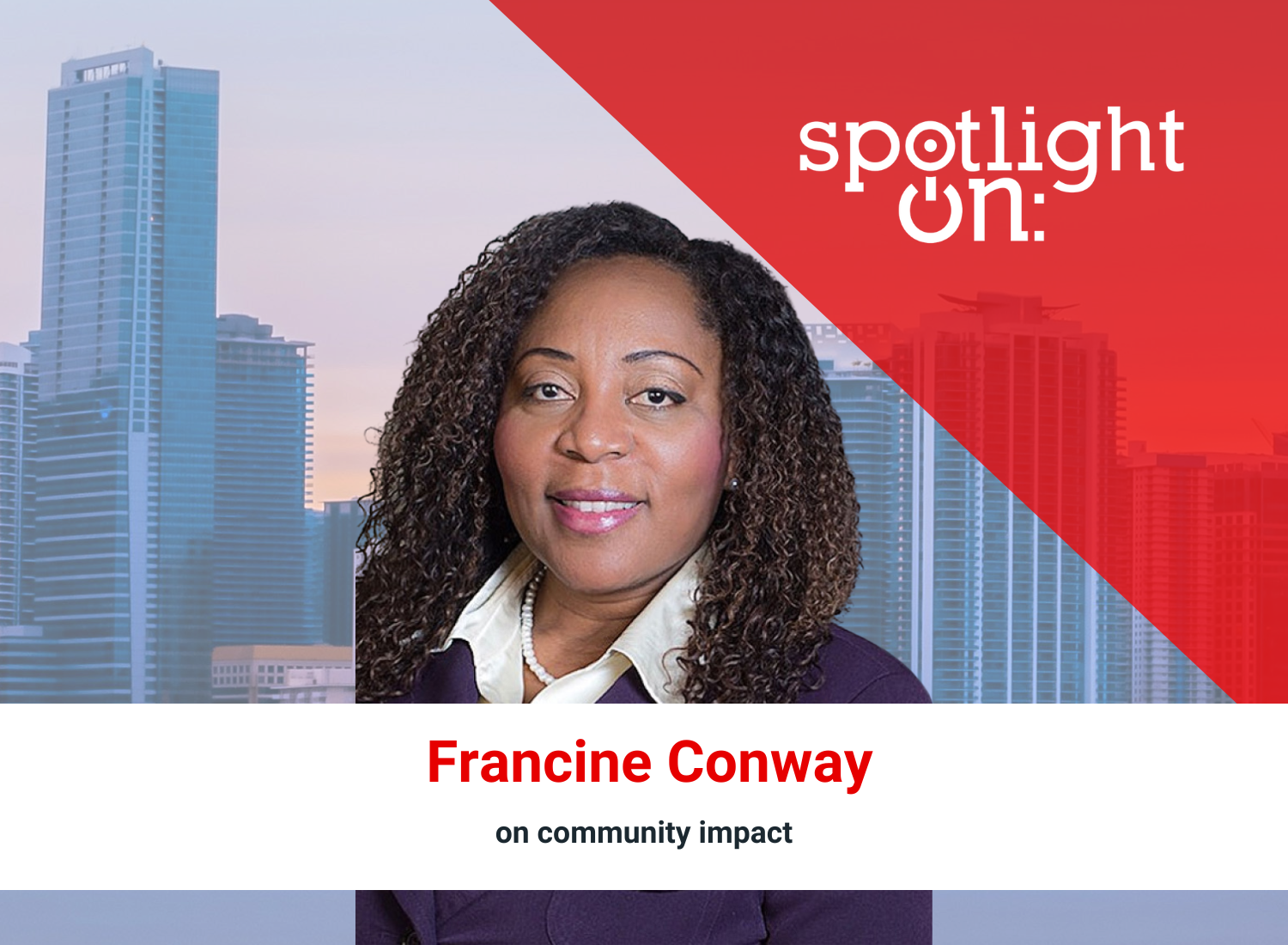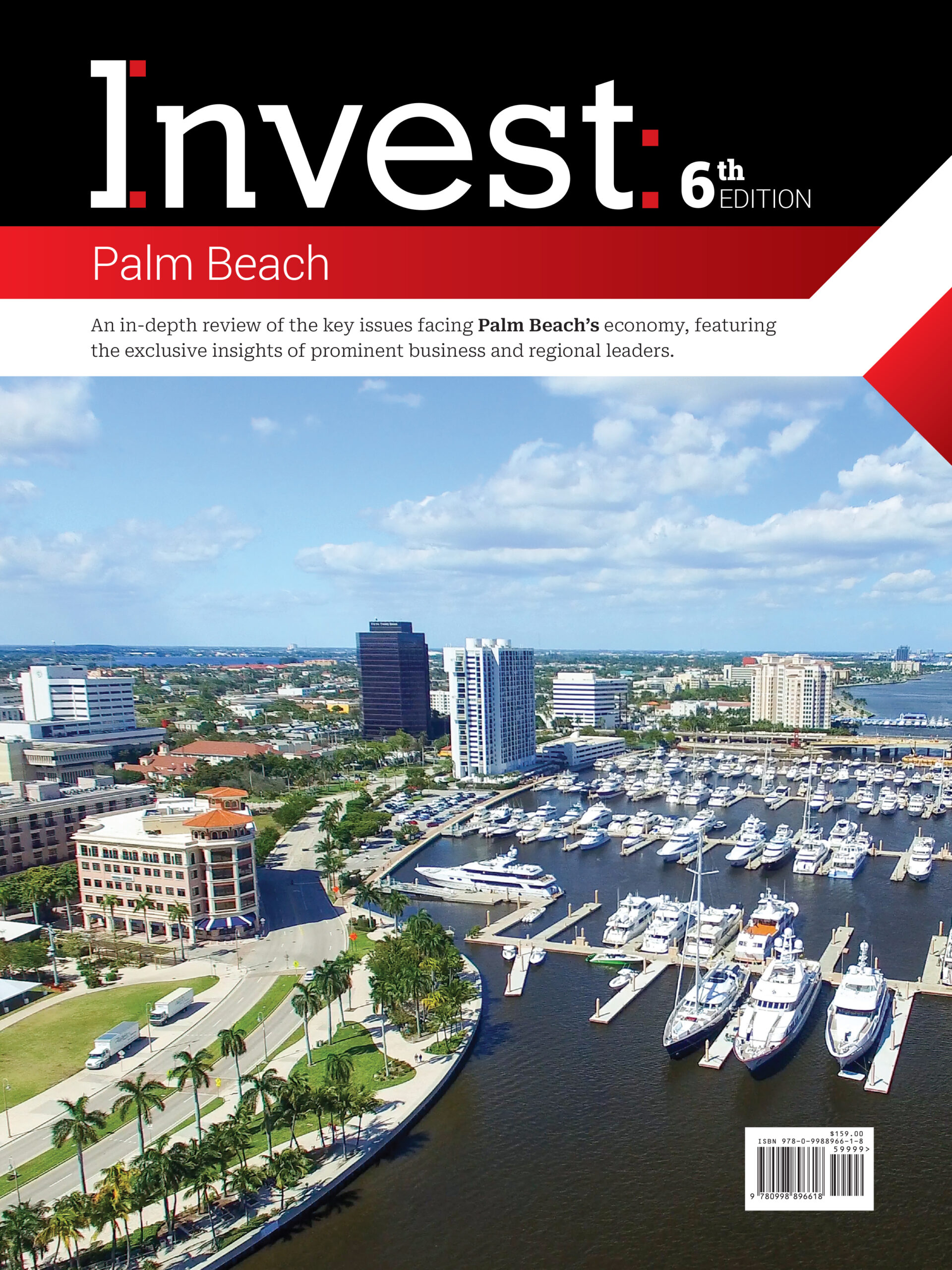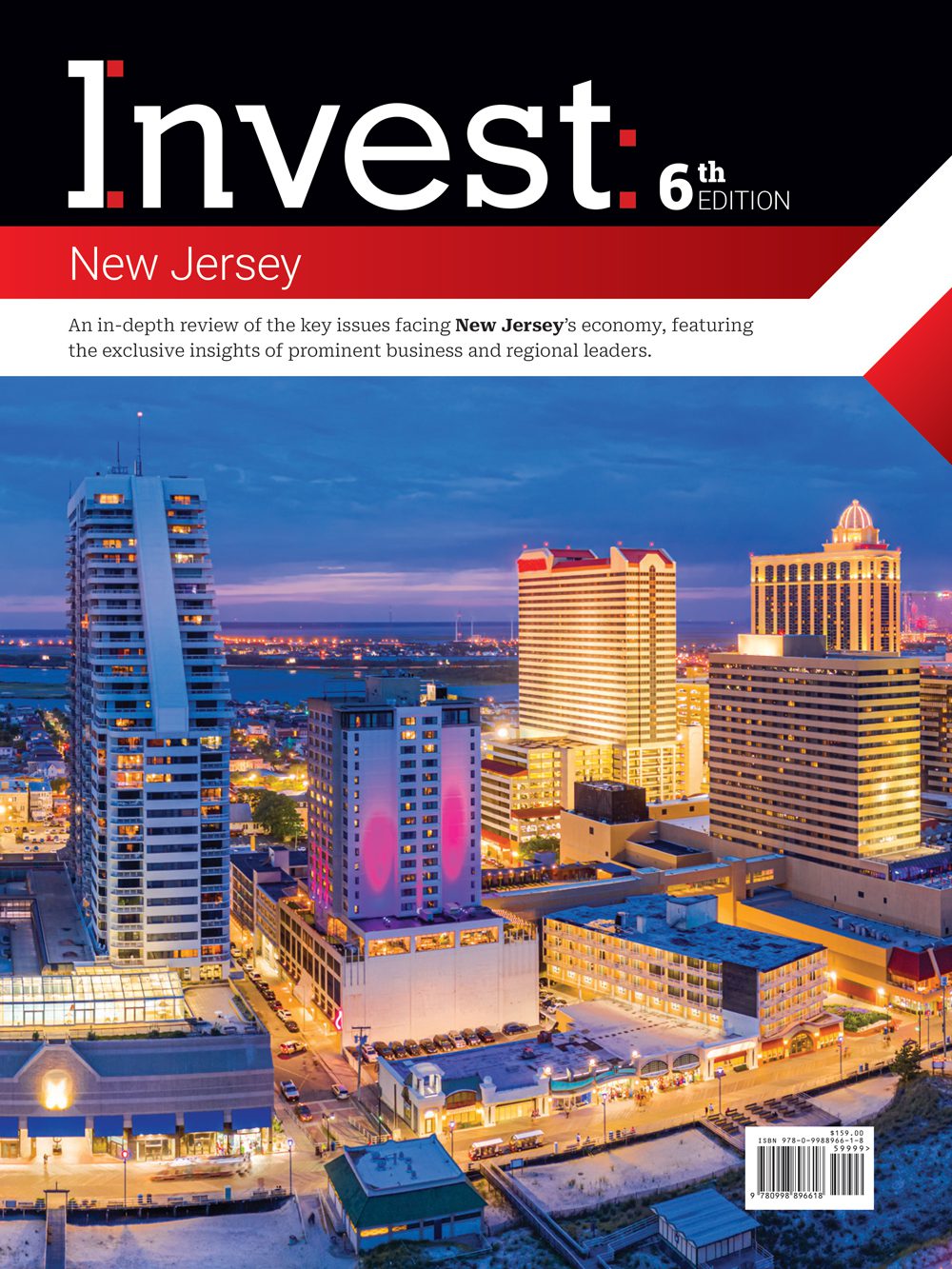Spotlight On: Francine Conway, Chancellor & Distinguished Professor, Rutgers University–New Brunswick

June 2025 — In an interview with Invest:, Rutgers University–New Brunswick chancellor and distinguished professor Francine Conway discussed the university’s role as an economic catalyst, its commitment to student success, and expanding mental health initiatives. “A strong workforce depends on well-being,” she said, emphasizing Rutgers’ holistic approach to education and community impact.
Reflecting on the past 12 months, what have been some of the key highlights or achievements for Rutgers University–New Brunswick?
Over the past year, Rutgers–New Brunswick has reinforced its role as New Jersey’s anchor institution — an economic catalyst and community partner. One testament to our sustained commitment to regional economic engagement came from the Association of Public and Land-Grant Universities (APLU), which honored Rutgers–New Brunswick as an Innovation and Economic Prosperity University, one of only about 80 institutions nationwide that have received this distinction.
Beyond groundbreaking research, we drive economic growth through business incubators that have supported thousands of startups. These include Rutgers’ Food Innovation Center, the Rutgers EcoComplex “Clean Energy Innovation Center,” and the Aquaculture Innovation Center, which focuses on shellfish aquaculture.
Rutgers is also a proud partner, along with the state of New Jersey and an impressive list of industry and higher ed partners, in the development of the Health & Life Science Exchange (HELIX) innovation district in downtown New Brunswick. HELIX will be a hub for research innovation, commercialization, and education, bringing discoveries from the lab into real-world application. We can’t wait to highlight its potential to bring ever greater economic and quality-of-life benefits to our region.
How will this development align with the Robert Wood Johnson Medical School?
The future Rutgers School of Medicine will house its New Brunswick campus within the new Rutgers Health building at the HELIX. It will provide faculty, researchers, and students with access to state-of-the-art facilities and opportunities for interdisciplinary collaboration.
Rutgers is always focused on innovation and preparing students for the workforce of the future. Through research, commercialization, and tech transfer, Rutgers–New Brunswick plays a critical role in economic and technological advancement.
With ongoing changes in the market, how has the economy impacted Rutgers University?
We measure our success by our students’ success. While we have world-class faculty and research, what matters most is how that translates into opportunities.
Rutgers–New Brunswick ranks No. 36 in the nation for social mobility, according to U.S. News & World Report, meaning a Rutgers education makes a significant and lasting impact on the trajectory of our students’ lives. We have perhaps the largest population of first-generation students in the state, and their retention, graduation, and career success rates are on par with their peers.
Of our students who graduated in 2024, 84% reported positive career outcomes within six months, with a median salary of $70,000. Of those who are employed, some 97% are in a job that requires their Rutgers degree. We are the nation’s #15 top public university, according to U.S. News, due in large part to our commitment to making an excellent education accessible and affordable to our highly qualified students.
Rutgers–New Brunswick is a place where everyone can find their path, whether they’re driven by intellectual curiosity or looking to develop new workforce skills. We actively engage with industry partners to ensure our curriculum helps students and employers stay future-focused and competitive, whether that means keeping ahead of AI-driven innovations, preparing for careers in the emerging fields of climate resilience and wind energy, or taking on micro-credentials such as mini-MBAs and skill-sharpening certifications.
How is the university addressing the shifting demographics in New Jersey and the challenges and opportunities that come with it?
I love this question because it allows me to highlight Rutgers Future Scholars, a program I’m especially proud of.
Rutgers Future Scholars selects academically promising, first-generation middle school students in Camden, Newark, New Brunswick, Piscataway, and Rahway, to embark on a multi-year journey to higher education. With robust mentoring, academic support, and tuition assistance for those who go on to attend Rutgers, this program empowers brilliant students who might otherwise have seen college as being out of reach. This program is one of the most tangible ways we work with the K–12 system to prepare students for higher education, reinforcing our commitment to accessibility and student success.
How is Rutgers supporting mental health in the community?
As a psychologist, mental health is deeply important to me. We cannot focus solely on cognitive development — emotional well-being is just as crucial, especially post-COVID. That’s why Rutgers–New Brunswick launched the ScarletWell initiative. We believe an excellent university must address its students’ well-being and basic needs and empower them to focus on their academic journeys.
ScarletWell takes a public health approach to mental health and well-being. It includes our appointment of Dr. Joshua Langberg as Rutgers–New Brunswick’s inaugural chief wellness officer and Dr. Peggy Swarbrick as the inaugural director of ScarletWell, who are creating a comprehensive wellness hub for students, faculty, and staff. ScarletWell also serves the community, including bringing hundreds of New Jersey community and school organizations together at Rutgers each year for a mental health summit. Summit attendees are eligible for grant funding to form new partnerships and programming that will improve behavioral healthcare and wellness promotion services in our state.
We are also working with the state of New Jersey to implement new solutions, including a $1.87 million grant from the Office of the Secretary of Higher Education (OSHE). While Rutgers–New Brunswick already had extensive mental health services, this funding supports new partnerships with community providers to meet the increasing demand for services. We worked to develop student-centered programs, like streamlined, affordable neuropsychological testing and assistance with co-pays for specialized therapy, provide professional development for staff, and offer students new options for telehealth.
Another project I’m especially proud of is the Brandt Behavioral Health Treatment Center and Retreat, which integrates Rutgers’ research expertise with community service. The Brandt Center will be New Jersey’s first facility backed by an academic health leader to offer mental health treatment exclusively for adolescents and young adults. It offers intensive outpatient treatment and community-based care while training future behavioral health professionals in social work, psychology, psychiatry, nursing, and education. We anticipate serving about 1,200 young people annually. This initiative was made possible by a generous donor, with additional private, state, and federal support.
The donor was personally motivated; her daughter needed specialized care, but had to leave New Jersey to find it. When she returned, she wanted to create a resource for families facing similar challenges. The Brandt Center is a welcoming space designed to provide care while preserving dignity, reflecting our deep commitment to community well-being.
How does mental health connect to economic development?
A strong workforce depends on well-being. By fostering a culture of wellness, we prepare students not just academically but also for long-term success in their careers and communities.
For example, the ScarletWell initiative offers grant funding opportunities for students, faculty, and staff to develop and implement wellness programs that build connections and a sense of community. The funded programs are incredibly diverse and innovative, focusing on topics ranging from horticulture, through connection through art, music, or fitness, to nature and dance. One doctoral student, Zina Ogunnaya, created a dance therapy program integrating the eight dimensions of wellness. These initiatives highlight how interdisciplinary and innovative our students are in promoting well-being.
What is your outlook for higher education in New Jersey, and what are Rutgers–New Brunswick’s top priorities?
A few key priorities come to mind, all driven by our Rutgers–New Brunswick Academic Master Plan and its four pillars of excellence: Scholarly Leadership, Innovative Research, Student Success, and Community Engagement. As I mentioned, we are New Jersey’s anchor institution—a responsibility that includes our mission as a land-grant university and our role as a driver of opportunity. We are deeply embedded in our communities, and we recognize an obligation to help those communities grow. For example, the Rutgers Cooperative Extension program, active in every county, provides science-based education that directly benefits communities.
In the realm of innovative research, we translate academic discoveries into real-world solutions to today’s biggest challenges. We have convened strategic task forces around key research areas: climate and energy, cyberinfrastructure and data science, the life sciences, behavioral health, and scholarship that engages the public and communities. Those, in turn, have led to the creation of signature research initiatives, including the Rutgers Climate and Energy Institute, which greatly expands our capacity for scholarship to lead a sustainable climate future; new initiatives to position New Jersey as a national leader in wind energy; and more.
We will also continue to prioritize student success and provide resources to help our students graduate on time, with minimal debt, and prepared to thrive in their chosen pursuits and as engaged citizens. This includes a focus on experiential learning; expanded opportunities for students to engage in research, internships, and jobs, civic service, and other engagements that build real-world skills that will serve them throughout their careers.
To improve accessibility, we launched a dual-admissions program with Middlesex College. Participating students are guaranteed admission to Rutgers after completing their associate’s degree, and they receive academic advising and support from both institutions. Many students start at a community college due to financial constraints, so this pathway provides a seamless transition to a four-year degree.
Overall, our focus remains clear — serving New Jersey and beyond, fostering innovation, and ensuring students are well-prepared, both academically and mentally, for the workforce of the future.
For more information, visit:











